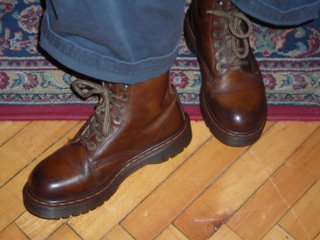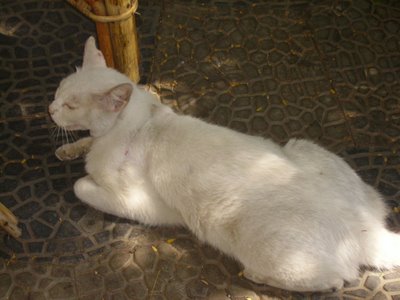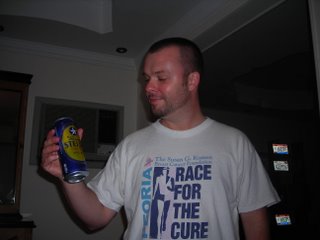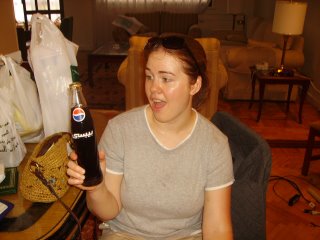
Earlier this evening, as M and I made our way back from the considerable bustle of 26th July St., where we had procured several mangoes, dates and guavas (all deliciously in season), in addition to a book of stories by Honore de Balzac, who deals directly in naturalist fiction unlike Paul Bowles, who mistakes Arab nomads (or, as I like to call them, people) for forces of nature, which may or may not offend one’s sensibilities, we were walking past the President Hotel near our street. That is when we spied one of the many shoe shiners who populate the city. It is a nifty business venture. The man had a small apparatus upon which you could set the foot being cleaned, under which was a small compartment where he kept the brushes and saddle soap, the balsam and the many towels, all of which served particular purpose. He was in the process of cleaning another man’s shoes, which is another reason why it is a nifty business venture: the job advertises itself. I wonder, now, how much an apparatus like that costs a regular Egyptian man, how large such an investment looms in the fortune of his family.
In my experience previous to Cairo, I had only observed shoe shiners on the streets and in the great transportation hubs of New York and Chicago, and honestly I had not much cared for the clientele of aging businessmen, getting their wingtips shined to a luster. If you know what I mean. I had always classified shoe shining as something for the dressy-poo professional set, whom I suspected perceived the activity as both necessity and symbol of middle class status. It seemed, in either regard, superfluous to a man like myself.
Now I have come home to it. Cairo is a dusty and dirty city in many respects. I don’t think your average American would care for it, and truly, we accept it by force of will and by force of fact. And then, habit struck: I thought to myself that, after all, it is a dusty city, and really my lovely Doc Martens have been looking a bit worse for the wear lately. I should note that these Doc Martens are already the embodiment of considerable good fortune on my part, as I purchased them at Minneapolis’ own Unique Thrift Store for a measly $7. They are the Rosetta Stone of thrift store finds. These shoes were in remarkable condition when I purchased them, and they have been ideal footwear for the cracked, crumbling, holey and otherwise uneven sidewalks and streets of Cairo. And it was my judgment that they needed some lovin’. And some lovin’ they received, courtesy of this man and his lovely work. For just two LE, which is someplace in the neighborhood of forty cents, this man scrubbed, washed, dried, bossed, rubbed and wiped these shoes to a brand-new luster. M said, “Those shoes had never looked better.”
As my shoes continued growing more beautiful before my eyes, I continued revising my tip estimates. Initially I meant to give the man 50 piastres (half a LE), but it became clear as my shoes’ color transformed into a deep, glossy, intricate shade of brown that such a tip was inadequate. In this town, I have money, and as a person with money I am expected to be generous, especially when a service is done for me—and in this case, done well. It was a pound, then. The man had been very intent, serious, as he had done his work. He hadn’t really looked at me when I was looking at him (it’s become common for me to feel the eyes of an Egyptian man upon me, but when I look at him, he is already looking away while wearing a severe expression that I cannot comprehend, though sometimes they look back and I say hello, and they break into a wide, easy grin), but we did make eye contact as I handed him the wadded up payment with tip. He seemed to understand it was a generous tip by local standards, and he smiled. It was a shy, proud smile, and it completely disarmed me.
The rest of the way home, my shoes glimmered darkly in the dusk, and I found that I could not stop myself from looking down at the rounded, shiny toes. They were beautiful, it seemed, through no effort, and at no cost, of my own.




